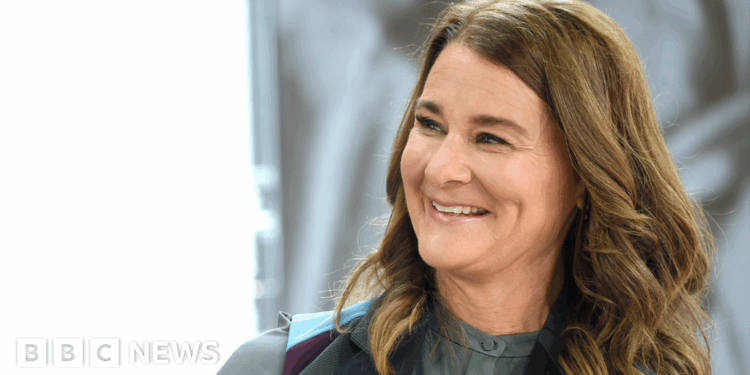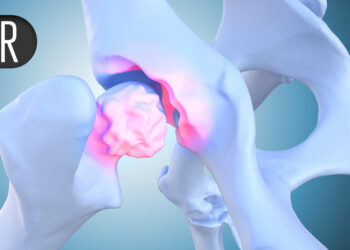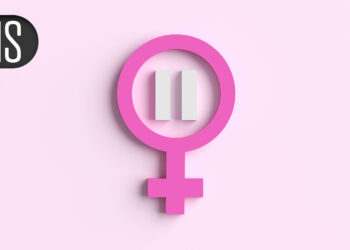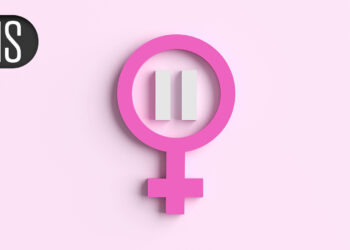Megha MohanBBC World Service gender and identity correspondent
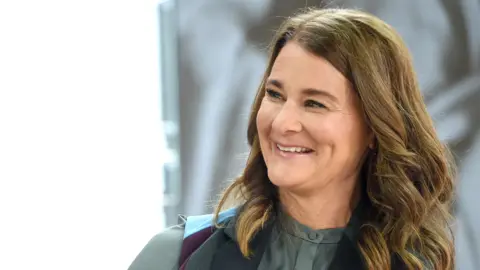 Jamie McCarthy/Getty Images
Jamie McCarthy/Getty ImagesBillionaire philanthropist Melinda French Gates has said women’s health is chronically underfunded, as she committed $50m to researching the issue.
This is part of her pledge to invest $1bn in the field over two years and will be used for new research into areas that pose significant risks to women around the world, including autoimmune conditions and mental health.
About 80% of people living with autoimmune diseases are women, according to Xavier University School of Medicine, and depression is about 1.5 times more common in women than in men globally, according to the World Health Organization.
The research will also focus on cardiovascular disease. While this is a health issue for both sexes, it can affect them differently.
Women are more likely to have worse outcomes after a heart attack, experiencing higher rates of complications and mortality, often due to factors like delayed diagnosis, less timely treatment and different symptoms compared to men, according to a study presented at the scientific congress of the European Society of Cardiology.
The grant from Ms Gates’ Pivotal Ventures organisation will go to US NGO Wellcome Leap, founded by the Wellcome Trust, which will fund the new research.
The history of underfunding women’s health
Critics, however, argue that is a long way from addressing decades of chronic underfunding and the funds required to bring women’s health research on par with other areas of medicine.
Women’s health research has historically been underfunded, and under-researched with medical research treating men’s bodies as the default.
In the US, women of childbearing age were mostly excluded from early-phase clinical drug trials between 1977 and 1993. While this policy was largely a protective response after children were born with severe birth defects when their mothers took the thalidomide drug during pregnancy, it also resulted in women being systematically excluded from clinical drug trials, leaving gaps in knowledge about how medications affect them.
Even female rodents were often left out of trials, as researchers worried that hormonal changes could complicate data analysis.
As recently as 2019, women represented around 42% of participants in clinical trials for cancer, cardiovascular disease, and psychiatric disorders, according to Harvard Medical School.
‘Chronically underfunded, chronically under-researched’
Wellcome Leap is one of the world’s largest health research networks, which includes over 160 institutions across six continents, including countries such as South Africa, Nigeria, Rwanda, Guatemala, Brazil, Singapore, Japan and Australia.
“Women’s health is chronically underfunded, chronically under-researched, and, as a result, not well understood,” Melinda French Gates said, adding that she hopes we will see progress “years, even decades, sooner than we would through other approaches… the results will touch the lives of women all over the world”.
Women face significant health inequities, despite living longer than men.
A 2024 health report by the consultancy firm McKinsey found that, on average, women spent nine additional years in poor health when compared to men.
It said this disparity was linked to their historical underrepresentation in research and the higher likelihood of being misdiagnosed. It concluded that this underinvestment has left crucial areas of women’s health overlooked.
“We need more breakthroughs, and we need them faster,” adds Regina Dugan, CEO of Wellcome Leap. “Women have waited long enough.”
Wellcome Leap has pledged to help reduce women’s lifetime risk of Alzheimer’s – a degenerative disease that women are twice as likely to develop as men, according to the Alzheimer’s Society – by funding research into whether starting hormone therapy around menopause may have protective effects on brain health and potentially lower the risk of Alzheimer’s disease or cognitive decline.
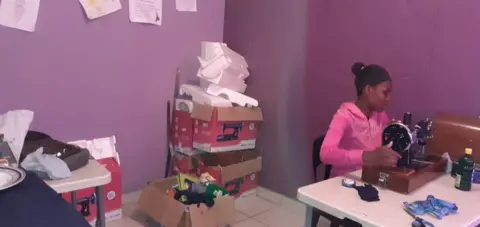 Lidar Community Foundation
Lidar Community FoundationYet some frontline workers say that high-profile Western funding models like this can sometimes end up bypassing them.
Serley Eises, the executive director of Lidar Community Foundation in Windhoek, Namibia, which works with vulnerable women and girls, says it does not receive funding from Western donors due to a lack of publicity for her organisation.
She tells the BBC that she believes that “lasting impact for women’s mental health comes from investing in grassroots, community-led organisations that provide safe spaces, psychosocial care, and practical opportunities for education and income”.
“We definitely understand this concern,” a spokesperson for Wellcome Leap told the BBC, adding that they work with local teams in thirty countries.
“The programmes are designed to yield breakthroughs that can be implemented at scale in collaboration with researchers, clinicians, as well as those in grassroots organisations.”
Closing the women’s health gap is more than a moral imperative – it is also an economic one, according to the World Economic Forum and McKinsey.
A report they released in 2024 estimated that closing the women’s health gap could add $1trn to the global economy each year by 2040.
These gains would come from lower healthcare costs, increased productivity, and a stronger workforce driven by better health outcomes for women.
Source link : https://www.bbc.com/news/articles/cx254l4qg83o?at_medium=RSS&at_campaign=rss
Author :
Publish date : 2025-09-10 15:43:00
Copyright for syndicated content belongs to the linked Source.

